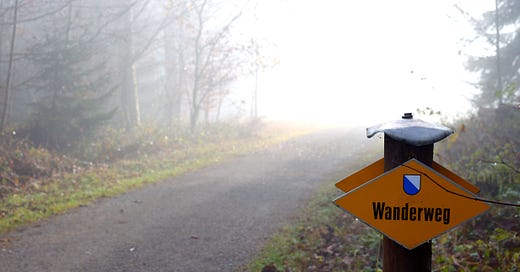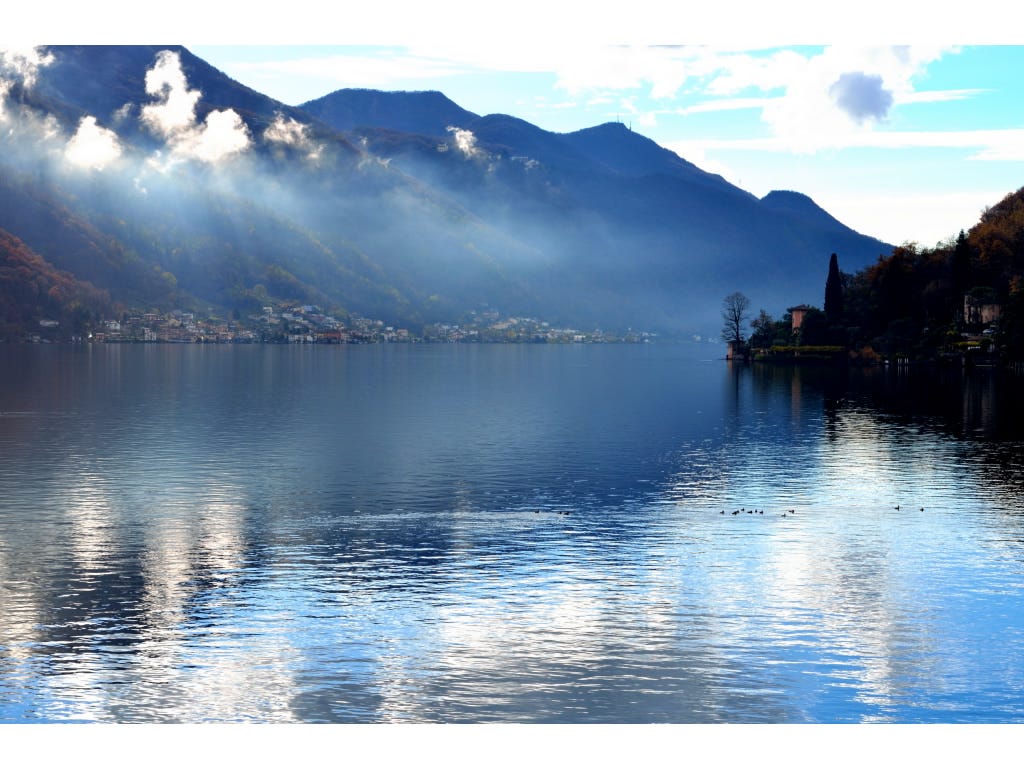Between the Lines and Beyond:
Early readers respond to The Traveler's Path, my new book about travel
My post today also appears in the Reformed Journal! Have a look. It’s a fine publication. My writing first appeared there in 1980.
Since the publication a few weeks ago of my new book, The Traveler’s Path, I have had a few unexpected but revealing conversations with both friends and family. I’ll get to the family member in a minute.
One person, someone I’ve known for years, read my chapter on the importance of language learning and learning from the stranger and felt convicted by it. She told me, almost as a confession, that though she had spent most of her childhood with missionary parents in Korea, she had learned only one or two Korean words and had never made any Korean friends. She attended a school, she said, with other missionary kids, and everyone she knew spoke only English. She now feels regret over a lost opportunity.
And then, similarly, a career military officer felt compelled to tell me that, though he had been posted abroad several times, he seldom left the bases where he was posted, never learned the local languages, and made no friends within the host cultures. He has strong memories of military life, and is grateful for the opportunities it provided. Still, he has few if any memories of the places where he lived. He seemed to suggest that this was the norm, but that it needed to change.
These responses mostly aligned with my own observation of living and working in Zürich, Switzerland. The few American expats I knew tended to keep to themselves. They lived in the same neighborhood with other expats, sent their children to American schools, and seldom learned the local language, preferring to spend their time (and especially their weekends) traveling and sightseeing and taking advantage of their unique opportunity. As a result, I seldom saw them at the English-speaking church where I served as pastor. Most of my church members came from countries other than the U.S. and were not native English speakers.
I know there are happy exceptions to the rule, but these early conversations confirmed my experience that Americans, generally speaking, do not engage much with other cultures, at least not very often in meaningful ways. And it’s one reason I wrote my book.
It’s an exaggeration, I know, and I’ll probably hear about it for saying so, but in my experience Americans seem more interested in taking a selfie in front of a famous landmark than in meeting and getting to know the people who live and work in other parts of the world. That takes time, which there never seems to be enough of when traveling, and beyond that it’s not something you can post to Facebook or Instagram. When I lived in Zürich and walked the streets near my church in the old city, I would see buses filled with American tourists, faces pressed against windows, and I found myself wanting to shout, “Get off the bus! Talk to somebody!”
Of course, we all want Mark Twain’s famous words — “travel is fatal to prejudice, bigotry, and narrow-mindedness” —to be true. Those words, found toward the end of his book Innocents Abroad, don’t seem to have been true for him. His travel, mainly to Europe and what he called “the holy land,” seems mainly to have confirmed his previous (and cringeworthy) views of the world.
The truth is, our behavior seldom matches our rhetoric. Which is a criticism, I suppose, that could be made about many parts of our lives, but in my experience it’s especially true about our travel. We’re proud of where we’ve been and what we’ve seen, but too often we miss the richness of the experience by not engaging other cultures, by not trying to understand them, and by not being all that curious.
Life change, if it happens, usually occurs when we’re lost or disoriented or sick or somehow dependent on the kindness of people who don’t look or talk like we do. Life change usually occurs when we meet someone who has a point of view different from the one we’ve always held. Life change, if that’s what we’re looking for, usually occurs when we’re humble and curious enough to wonder how someone else thinks about things, instead of assuming that we’re always right about most things.
The other conversation prompted by my new book was with one of my nieces. This particular niece recently put all her belongings in a storage unit and, at the age of 49, moved to Madrid, Spain, in order to accept a teaching job at a university there.
It’s not her first time to live abroad. In her 20s she did graduate work at the University of Edinburgh and then stayed in Europe for post-doctoral work and a few other opportunities. She even lived in Baghdad for seven months, helping to develop democratic institutions for Iraq in the post-Saddam years. Since then, she has traveled the world more than most. During the Obama presidency, for example, she worked in the State Department, and during the Biden presidency she worked in the White House as Senior Director for Europe in the National Security Council. There was always lots of foreign travel.
When we talked, I asked how she was settling in, and almost immediately she mentioned that she had signed up for Spanish language classes at her university. There are no language requirements for her residency permit (as there were for mine in Switzerland), but she understands the need to engage the people she meets in their own language, not expecting (as Americans and Brits often do) the rest of the world to speak English to us. The classes she teaches at the university will all be taught in English, which is true for most classes at her university (as it is for many universities in Europe.) But learning to speak the language that she hears every day in the grocery store and pharmacy and coffee shop is important to her. It’s one way she plans to get to know and understand and appreciate a brand-new culture.
She also acknowledges that travel and living abroad have significant downsides. Americans who move abroad can create housing shortages and contribute to rent inflation. Spanish landlords are happy to receive her money, but locals as a result find it harder (and more expensive) to find places of their own.
Even before the pandemic, some countries like Spain (as well as the Netherlands, Portugal, Italy, Germany, and others) adopted “digital nomad visas,” designed to encourage workers who could work remotely to relocate to their countries. Even with relatively high income requirements, these countries were able to lure many Americans to move abroad. But now, according to my niece, these same countries are having second thoughts. Not only are rents rising, but the cost of other goods and services are too.
Will this experience be life changing for my niece, as my own travels have been for me? I suspect so. But mostly because she’s planning for it and looking for ways to make it happen. I wish more people would get off the bus, learn a language, express curiosity, read widely about the culture they’re visiting, and assume that there is something the culture can teach them. Even with its many downsides, I continue to believe that travel presents us with opportunities to grow, change, and learn.
My faith compels me to at least try to understand and connect with those who are different from me. I am thankful for all the strangers in my life who, with some effort, became friends. And I am glad that The Traveler’s Path has already started some important conversations and personal reflections. For an author, that’s about as good as it gets.
So, seven weeks after launch, my book is still no. 2 on the Amazon best seller list (in the category of “Religious Travel”):







